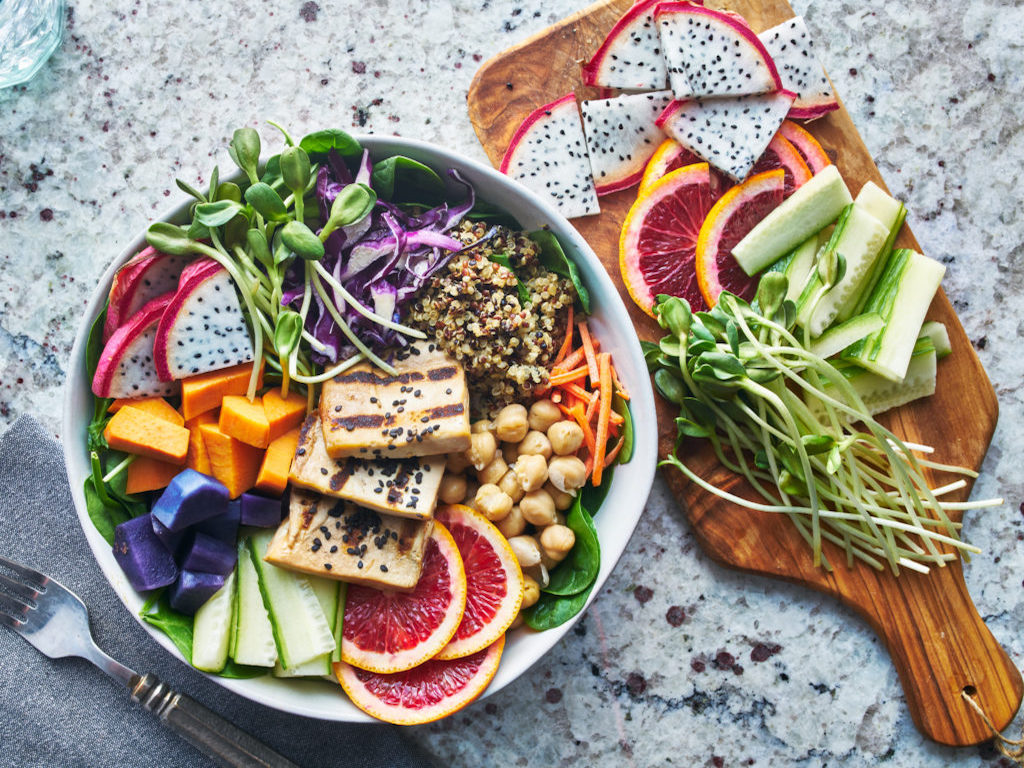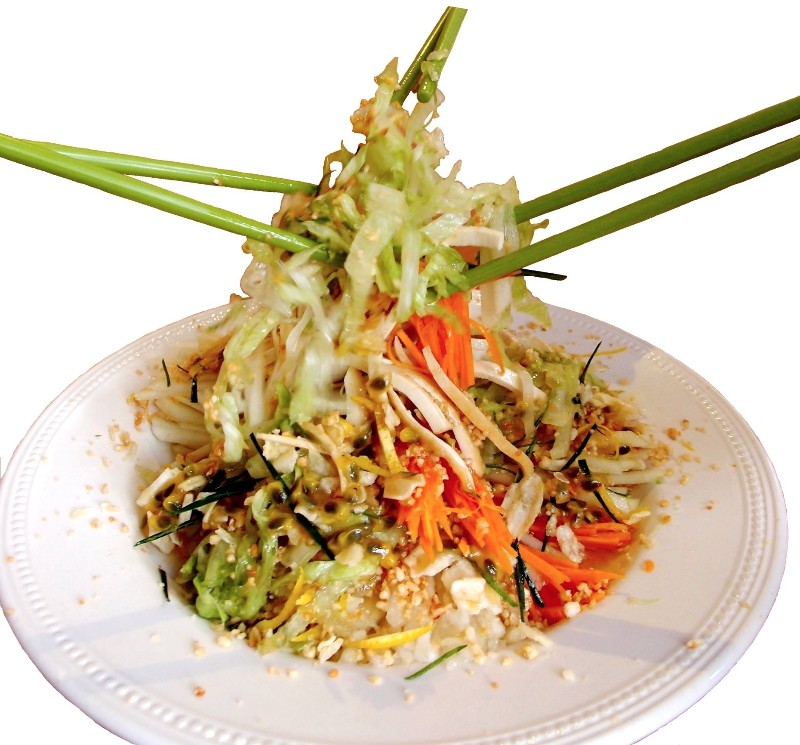Plant-based Healing: How Vegan Diets Combat Disease

Executive Summary

This article explores the compelling scientific evidence supporting the disease-fighting potential of plant-based diets. From reducing the risk of chronic illnesses to managing existing conditions, a vegan lifestyle offers a transformative approach to health and well-being.

Introduction
In an era where chronic diseases are on the rise, the search for alternative approaches to health has intensified. Plant-based diets have emerged as a powerful tool in the fight against disease, offering a myriad of health benefits that extend beyond mere nourishment.
FAQ
Q: What is a plant-based diet?
A: A plant-based diet emphasizes whole, unprocessed plant foods, such as fruits, vegetables, whole grains, legumes, and nuts. It excludes animal products, including meat, dairy, and eggs.
Q: Are plant-based diets nutritionally adequate?
A: Well-planned plant-based diets provide all the essential nutrients required for optimal health, including protein, vitamins, minerals, and fiber.
Q: Can plant-based diets prevent or reverse disease?
A: Numerous studies have demonstrated the protective effects of plant-based diets against a wide range of chronic diseases, including heart disease, type 2 diabetes, and some types of cancer.
Subtopics
Cardiovascular Disease
- Reduces cholesterol: Plant-based diets are rich in soluble fiber, which helps lower LDL (“bad”) cholesterol and improves cholesterol balance.
- Lowers blood pressure: Fruits, vegetables, and whole grains are excellent sources of potassium, which helps regulate blood pressure by counteracting the effects of sodium.
- Improves endothelial function: Endothelial cells line the blood vessels and maintain their health. Plant-based diets contain antioxidants that protect endothelial function and reduce inflammation.
Type 2 Diabetes
- Regulates blood sugar: Plant-based diets are typically low in refined carbohydrates and high in fiber, which helps stabilize blood sugar levels and reduce insulin resistance.
- Improves insulin sensitivity: Fruits, vegetables, and whole grains contain phytonutrients that enhance insulin sensitivity and promote glucose metabolism.
- Reduces oxidative stress: Oxidative stress contributes to insulin resistance and diabetes risk. Plant-based diets are rich in antioxidants that combat oxidative stress.
Certain Types of Cancer
- Anti-inflammatory effects: Chronic inflammation is linked to cancer development. Plant-based diets contain anti-inflammatory compounds that reduce inflammation and protect cells from damage.
- Reduces growth factor production: Some animal products contain hormones and growth factors that can stimulate cancer growth. Plant-based diets exclude these substances.
- High in antioxidants: Fruits, vegetables, and whole grains are abundant in antioxidants that protect cells from oxidative damage and cancer-causing free radicals.
Arthritis
- Reduces inflammation: Plant-based diets contain anti-inflammatory compounds that help reduce joint pain and stiffness associated with arthritis.
- Provides antioxidants: Antioxidants protect against oxidative stress, which contributes to joint damage in arthritis.
- Promotes weight loss: Excess weight can put additional stress on joints. Plant-based diets typically lead to weight loss, reducing joint負担.
Obesity
- Low in calories: Plant-based foods are generally lower in calories than animal products, making it easier to maintain a healthy weight.
- High in fiber: Fiber fills you up and promotes satiety, reducing calorie intake.
- Promotes metabolic health: Plant-based diets improve insulin sensitivity and glucose metabolism, which aids in weight management.
Conclusion
The evidence is overwhelming: plant-based diets possess remarkable disease-fighting potential. By embracing the power of plants, we can reduce our risk of developing chronic illnesses, manage existing conditions, and live healthier, more vibrant lives. A vegan lifestyle is not merely a dietary choice but a transformative journey towards optimal health and well-being.
Keyword Tags
- Plant-based diets
- Disease prevention
- Chronic illnesses
- Cardiovascular health
- Cancer risk reduction


























